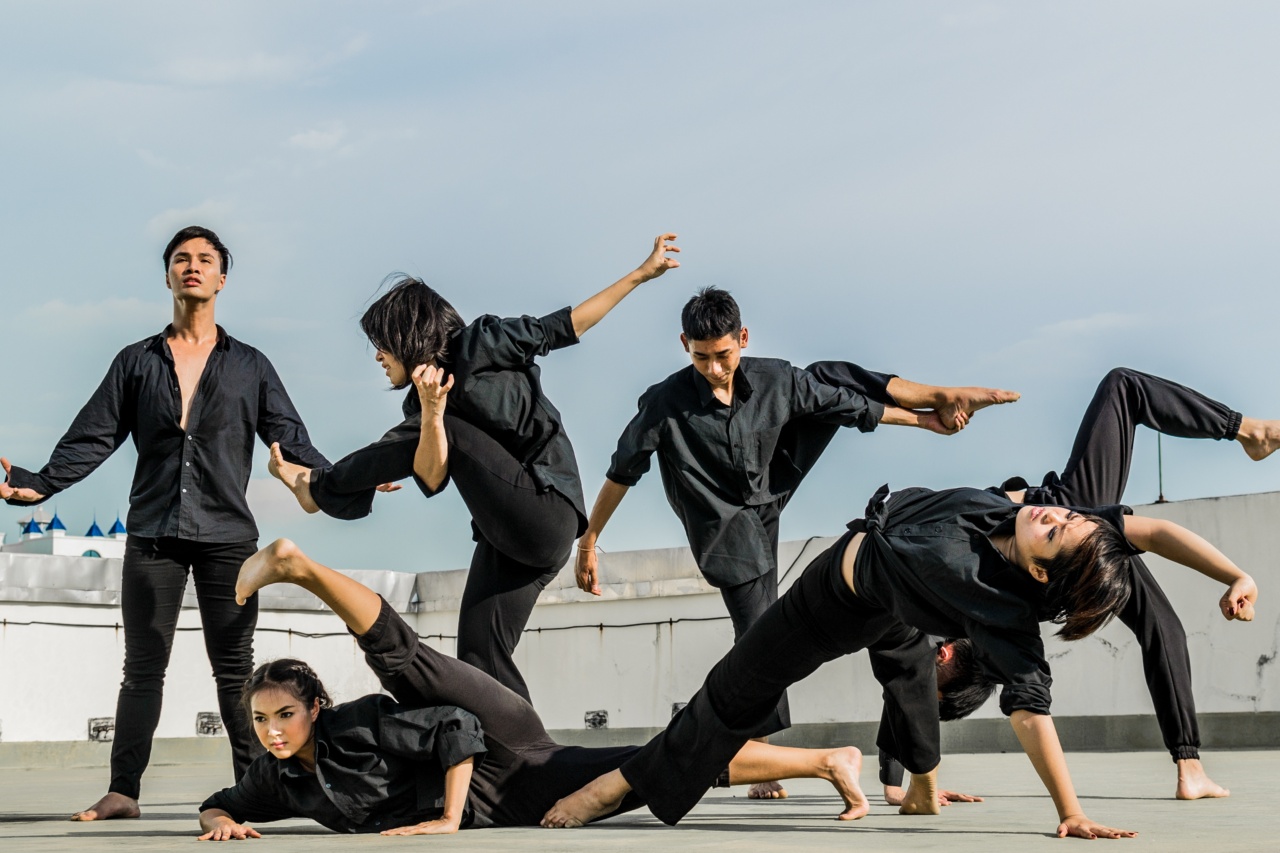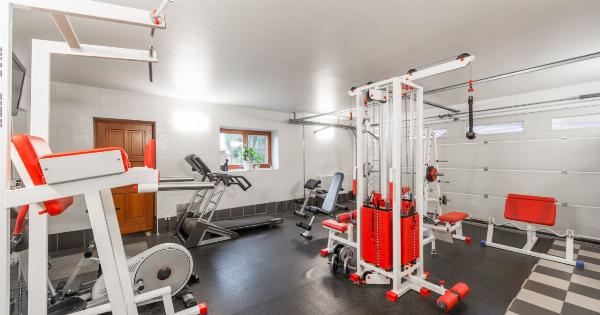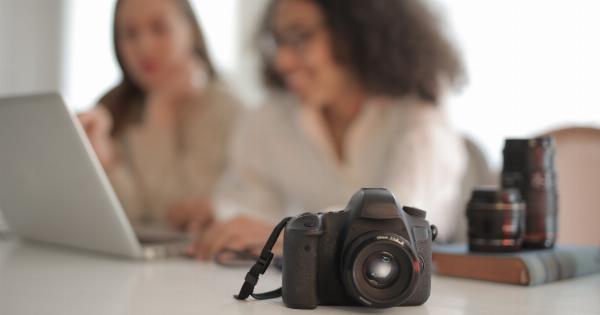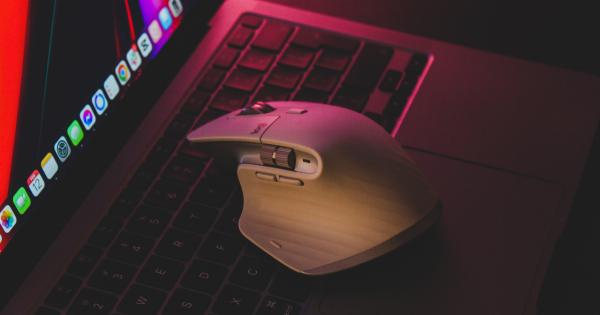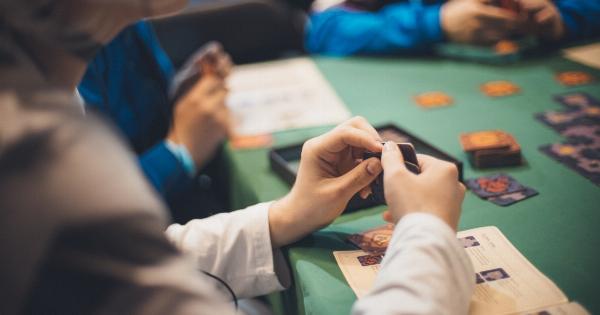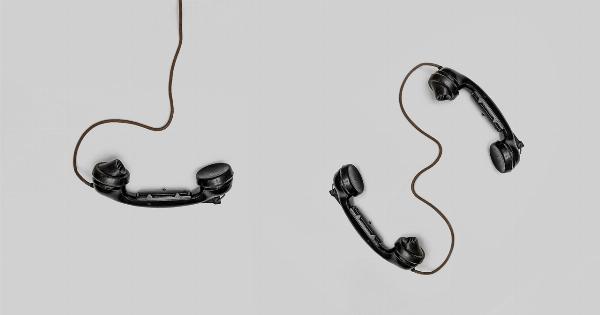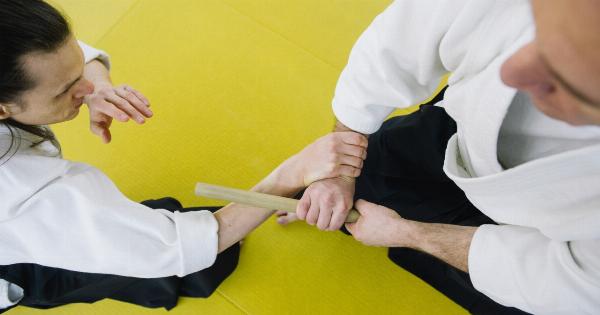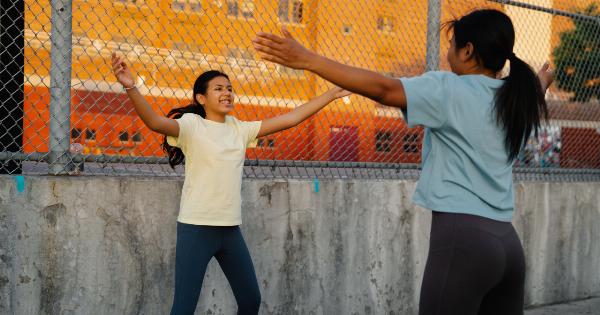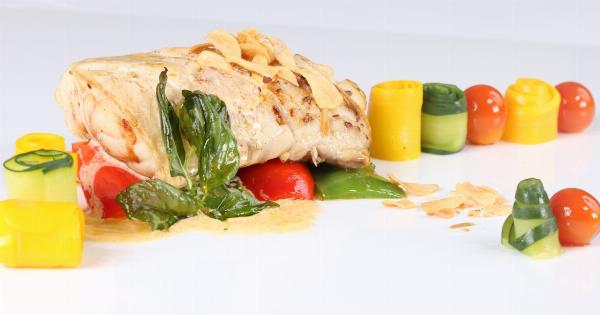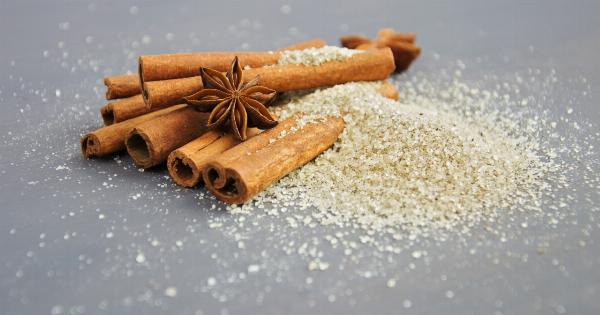For athletes, proper sugar regulation is essential to maintain peak performance and avoid fatigue. A new study has now shed light on the ideal timing for sugar intake to optimize sports performance.
The Study
The study conducted by researchers at the University of Birmingham focused on the effects of sugar intake on endurance and high-intensity performance. The participants were divided into three groups:.
- Group 1 consumed a sugary drink before and during exercise
- Group 2 consumed a sugary drink only during exercise
- Group 3 did not consume any sugary drink
The tests involved cycling at moderate intensity for 2 hours followed immediately by a 20 km time trial. Blood samples were taken before and after exercise to monitor sugar levels.
The researchers also measured heart and lung function, as well as perceived exertion and fatigue.
The Results
The study found that the athletes in Group 1, who consumed a sugary drink before and during exercise, had the highest blood sugar levels and performed significantly better in both the endurance and high-intensity segments of the test.
They were also less fatigued and had lower heart rates than the other groups.
Group 2, who consumed a sugary drink only during exercise, also had improved performance compared to Group 3, but not as much as Group 1. Their blood sugar levels were lower, and they reported higher levels of fatigue and exertion.
Overall, the study concluded that consuming a sugary drink before and during exercise is the optimal way to regulate sugar levels and improve sports performance.
Implications for Athletes
Based on the study’s findings, athletes and coaches should consider the timing of sugar intake to optimize performance. Consuming a sugary drink before and during exercise can provide the necessary energy to maintain endurance and intensity.
Athletes who wait until they are fatigued to consume sugar may not get the same performance benefits.
Athletes should also be cautious not to consume too much sugar, which can lead to spikes and crashes in blood sugar, resulting in decreased performance.
The optimal level of sugar intake will vary depending on the individual’s body type, fitness level, and the intensity of their exercise.
Conclusion
The study’s findings provide valuable insights into the optimal timing of sugar intake for athletes to maximize sports performance.
By consuming a sugary drink before and during exercise, athletes can regulate their sugar levels and maintain peak performance. Coaches and athletes need to experiment to find the ideal level of sugar intake for each athlete.
